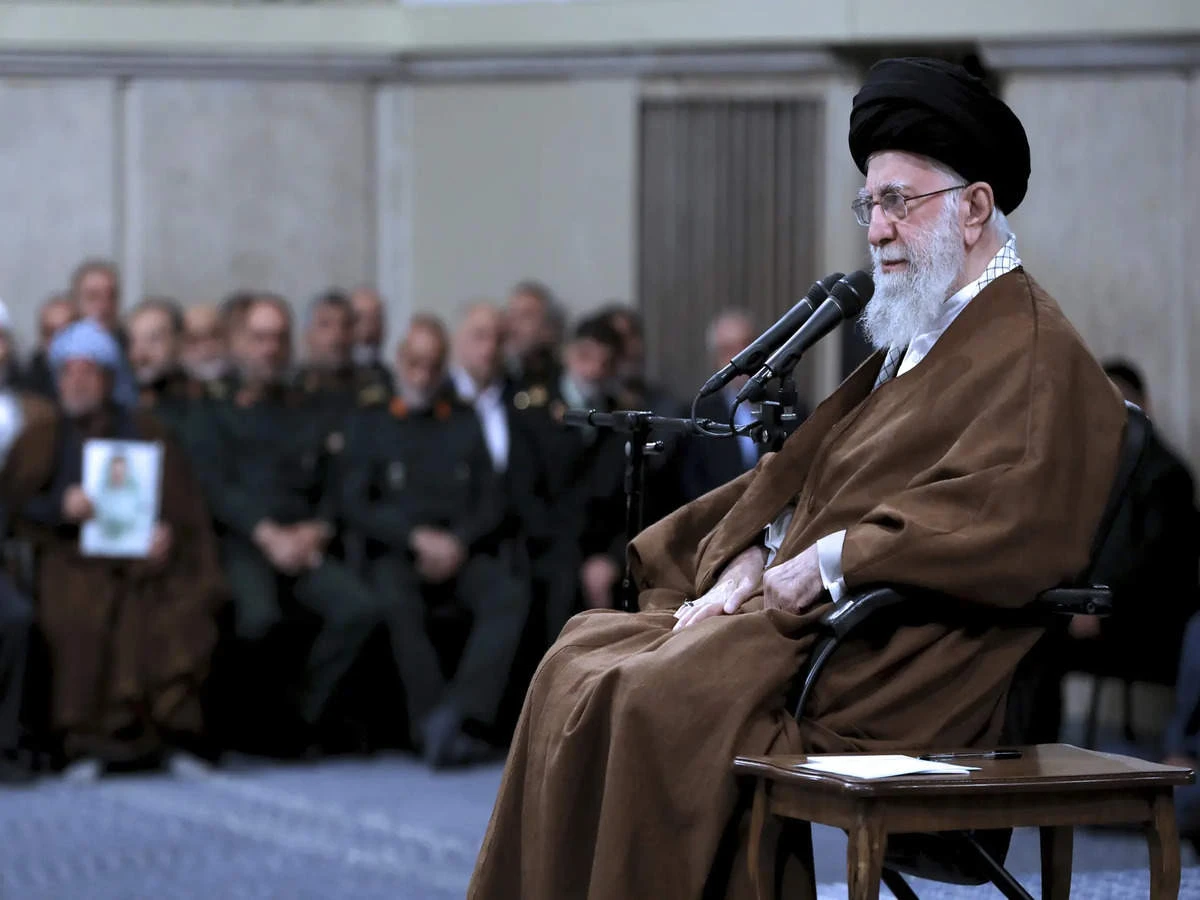Israeli strikes impact Iran, raising risks of further escalation: Analysts

Stay tuned with 24 News HD Android App

While heeding US calls to steer clear of nuclear or oil infrastructure, Israel in its strikes on Iran inflicted severe damage on Iranian air defences and missile capacities and could yet launch more widescale action against the Islamic republic, analysts say.
Following Iran's October 1 salvo of missiles against Israel last month -- intended as a reprisal to Israeli strikes that killed senior figures in Iran-backed groups Hezbollah and Hamas -- there were fears Israel would respond with attacks on Iran of a magnitude that could spark a global conflict.
The United States, mindful of the risk of the conflict spreading, swiftly pressured its ally to avoid the most escalatory options of strikes against Iranian nuclear infrastructure or oil and gas production facilities.
In the end, according to media reports and analysts, Israel opted for strikes on October 26 against Iranian air defence systems including several guarding oil refineries, as well as three key missile production facilities.
While Iranian officials have in public minimised the importance of the strikes, which killed four servicemen, it is now becoming clear the attacks inflicted significant damage as well as containing an implicit warning from Israel that more could be in store.
"Israel's target set clearly suggests it intended to erode Iran's critical missile production capacity and facilitate further military action if the conflict escalates," said an analysis from the Washington-based Hudson Institute.
It said Israel used around 100 combat aircraft and possibly drones in its attack, targeting Iranian "missile manufacturing capabilities and strategic air defence architecture".
"Israel likely handicapped Iran's ability to produce the high-end, solid-fuel, medium-range ballistic missiles that Tehran used in its October 1 salvos," it added.
The action against missile production is all the more pertinent at a time when Iran is accused by the West of supplying Russia with attack drones and missiles for its war against Ukraine.
'Effect over spectacle'
Fabian Hinz, research fellow at the London-based International Institute for Strategic Studies (IISS) said Israel had hit three Iranian facilities in Shahroud, Parchin and Khojir that make the solid propellant for missiles.
"There are indications that they very deliberately targeted bottlenecks within the production process that would have pretty large implications for Iran's missile production," he said.
"These strikes might not have produced the most spectacular videos, they were designed very smartly to produce substantial effect even with a limited number of targets. They privileged the effect over the spectacle."
Satellite pictures provided by Planet Labs of the Parchin facility showed the apparent effects of the strike in an October 27 image, contrasted with the undamaged facility on September 9.
The targeting of air defences was also hugely significant, Hinz added.
"They are sending the message that if Israel wants to strike again, that would be easier and could be more comprehensive next time."
The Israeli strikes appear to have damaged Russian S-300 air defence systems delivered to Iran by Moscow, according to the US-based Institute for the Study of War (ISW) which said Russia's need for such systems in the war against Ukraine would constrain its ability to supply Iran.
Indeed, information from Israel on the strikes even suggests that "Iran does not have any functional S-300 batteries right now", the ISW said.
Iranian Defence Minister Aziz Nasirzadeh said Israel "tried to damage both our defensive and offensive systems", but insisted "there has been no interruption in the process of producing offensive systems such as missiles".
'Stronger invitation'
But the most dangerous standoff between the two foes is far from over, with both sides warning it could escalate further.
Mohammad Mohammadi Golpayegani, a senior aide to supreme leader Ayatollah Ali Khamenei and hugely influential official who speaks rarely in public, on Thursday warned of a "harsh and regretful" response by Iran.
The New York Times on Friday cited three Iranian officials as saying Khamenei had instructed the Supreme National Security Council on Monday to prepare for a further strike on Israel as the "scope of Israel's attack (was)... too large to ignore".
Israel could then retaliate again, with all eyes on whether it could decide to strike a nuclear site, although doubts remain over whether it could carry out such a bunker-busting attack without US assistance.
Israel's military chief Lieutenant General Herzi Halevi warned Israel would hit back "very very hard" if Iran retaliates against Israel.
Hinz said Israel's strategy towards Iran had changed in the wake of the October 7, 2023 attacks against Israel by Iran-backed Hamas, and the Israeli leadership under Prime Minister Benjamin Netanyahu was in no mood to back down against the Islamic republic.
"If the Iranians launch another strike, then Israel might basically respond to that with another strike of their own. If they don't do that, they might see it as even a stronger invitation to follow-on strikes," he said.
